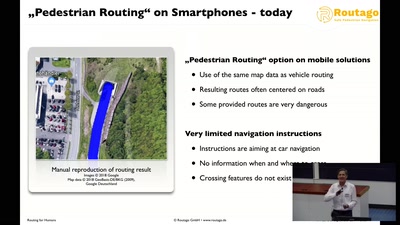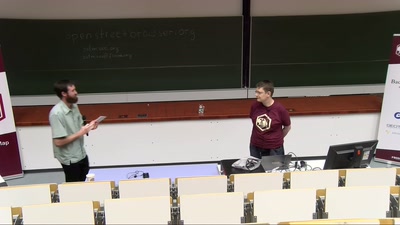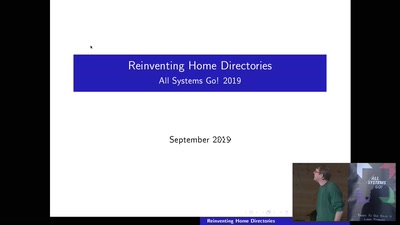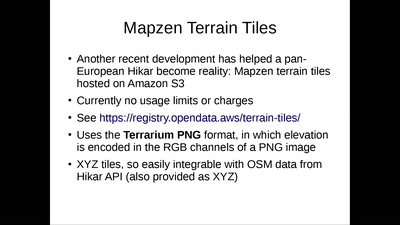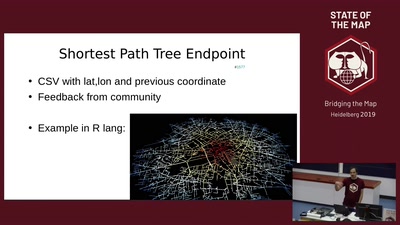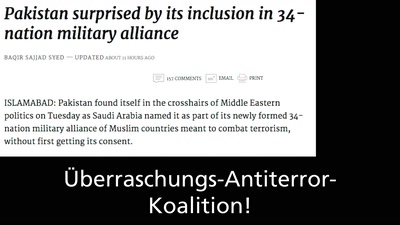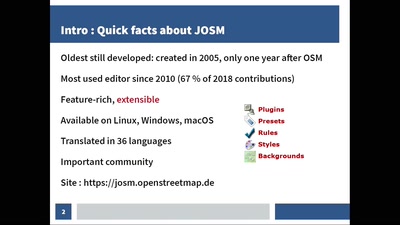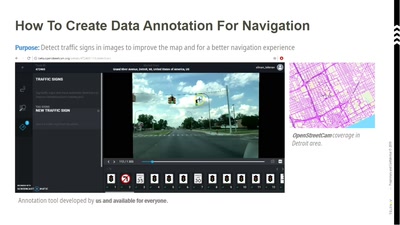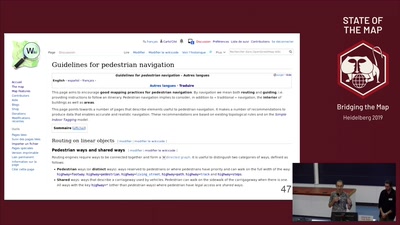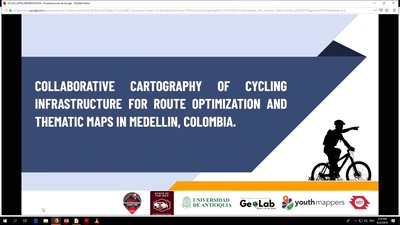Automatically annotate a pedestrian route with OSM landmarks
Replacing the classics "Continue for about 200 m then turn left" by guidance instructions in more natural language automated from landmarks are still a research topic but aims to allow users to move with more confidence. The objective is to test it on an indoor/outdoor pedestrian route calculator. Anything that can be used as a landmark is extracted from OpenStreetMap, then categorized and classified to annotate the route: relevance, visibility, relative position…
Replacing the classics "Continue for about 200 m then turn left" by instructions in more natural language with landmarks incorporation. It aims to allow users to move with more confidence in and around railways stations. Guidance instructions in more natural language automated from landmarks are still a research topic. Innovation & Research branch of SNCF, French National Railway Company, has delegate to Makina Corpus the task to implementation the state of the art in this field. The objective is to test it and then improve an indoor and outdoor pedestrian route calculator under development.
Anything that can be used as a landmark is extracted from OpenStreetMap, then categorized and classified. The landmarks are evaluated to annotate the route: relevance, visibility, relative position.…
The process have to deals with indoor and outdoor but also as points or large landmarks. We talk on subjects like evaluate how OpenStreetMap objects are suitable to be landmarks. We also expose how check for objects visibility based only on OpenStreetMap data, or how to allow landmark to be visible from outside a building or room depending on the outdoor or indoor status of the observer.
The railway stations context has the particularity to require support of transition between indoor and outdoor.

